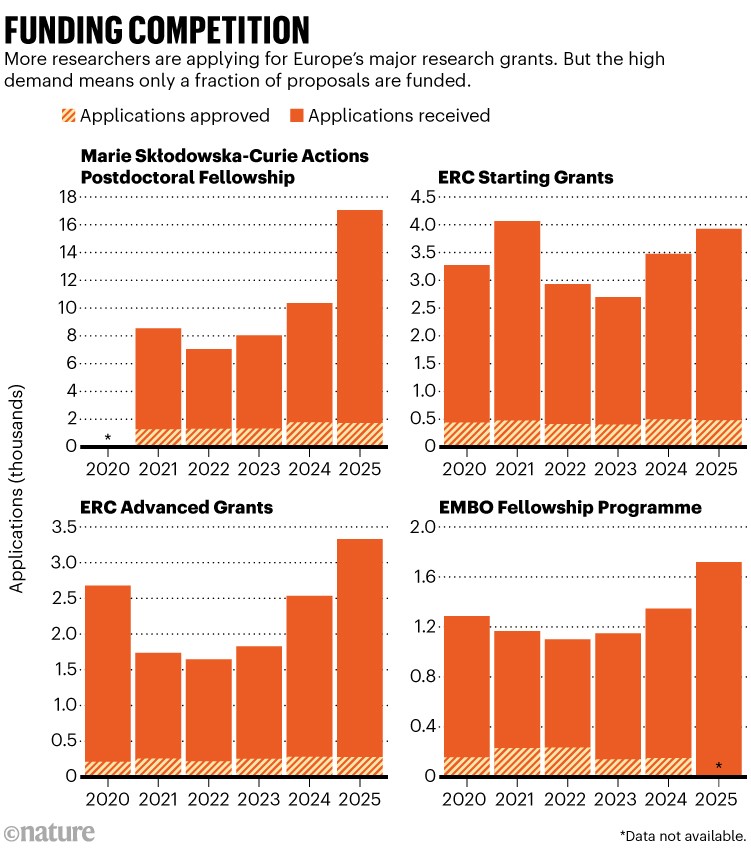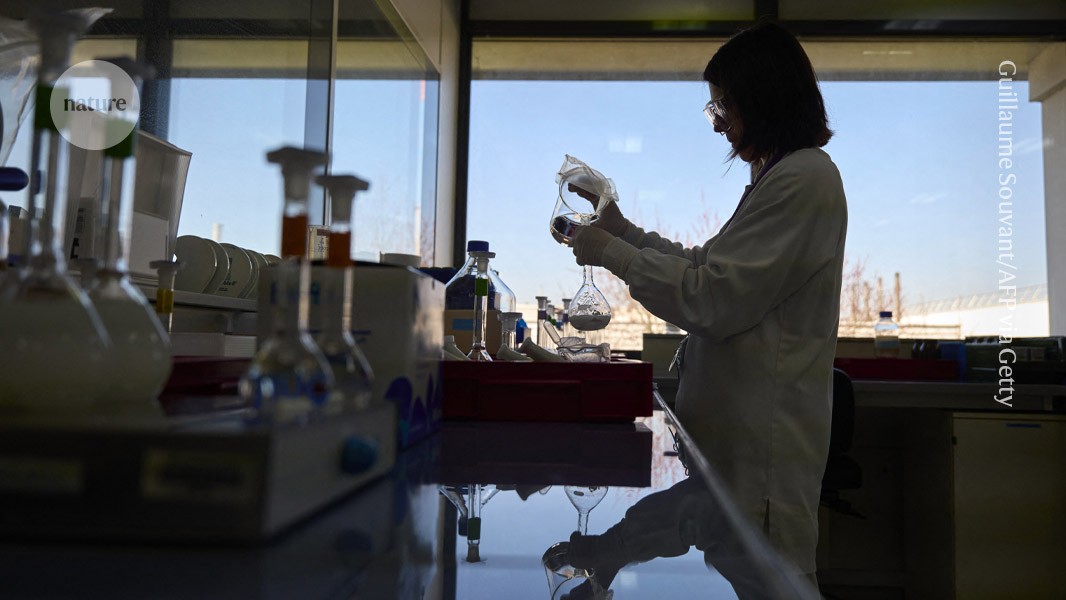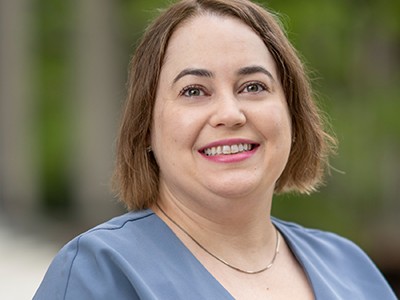Success rates for Europe’s leading research grants are declining — some to single percentage points — as a surge in applications far outweighs the funds available. Data gathered by Nature show that researchers, especially those at the start of their academic journeys, are facing increasingly fierce competition to pursue research careers (see Funding competition).
Last month, the European Commission said that the European Union (EU)’s research and innovation framework programme had received the highest number of funding proposals in its four-decade history this year.
Applications for the 2025 Marie Skłodowska-Curie Actions (MSCA) Postdoctoral Fellowships exceeded 17,000 — an increase of nearly 65% compared with 2024. The MSCA scheme has a proposed budget of €404.3 million (US$471 million) this year to fund around 1,650 projects, and the success rate (the proportion of awards granted) is expected to drop below 10%, down from nearly 17% last year.
The European Research Council (ERC), Europe’s premier funding agency for basic research, has reported similar surges in applications across its schemes. For its Starting Grants — open to early-career researchers with two to seven years of experience after completing a PhD — the ERC has received 13% more proposals so far this year, compared with 2024. Only 12% will be funded, down from 14% last year.
Applications for the ERC’s Advanced Grants — which fund established researchers — also rose this year, by 31% and 82% compared with 2024 and 2023, respectively. Yet only an estimated 276 projects (8%) will be funded, down from 11% last year.

“We’re extremely pleased that there is such a high demand for ERC grants. It shows that people have ideas for fundamental science, for frontier science, that there’s a need for it, there’s a desire for it,” says Maria Leptin, president of the ERC. “The flip side is we don’t have more money. And so, the success rates will go down, and there will be frustration in the community,” she adds.
Europe’s life-sciences organization, the European Molecular Biology Organization (EMBO) has received “a record number” of applications for its postdoctoral fellowships this year, says Karin Dumstrei, head of the programme.
The result is that many researchers are fighting to stay in an increasingly competitive academic system. “You can work as hard as you want, but at the end of the day, it’s down to numbers. It’s down to luck,” says Christina Carlisi, a cognitive neuroscientist at University College London, who has been applying for grants this year and feeling the strain. “It’s mostly out of your control. And I think that’s sometimes difficult to grapple with in terms of keeping the motivation going.”
Declining success rates
National funding bodies across Europe are experiencing similar increases in applications. The German research foundation (DFG) — the country’s largest independent research funding organization — told Nature that applications to its early-career grants between January and August this year are up by 20%, compared with the same period in 2024.
I won three competitive grants in a row. Here’s how I learnt what to do
Another major funder in Germany, the Alexander von Humboldt Foundation, has received over 20% more postdoctoral applications so far this year, compared with the same period last year. Applications from India and China make up the largest share of this increase, a representative of the foundation told Nature, and applications from the United States have also risen, although to a lesser extent.
Grant applications received by the UK’s central research funder, UK Research and Innovation (UKRI), have almost doubled since 2017–18, according to a report published this year. But over the same period, the success rates have nearly halved — from 36% in 2017–18 to 19% in 2024–25, the lowest in the decade. Data shared with Nature by the UKRI’s Medical Research Council show that two of its grant schemes recorded the highest number of applications since 2020 this year.
The Swedish Research Council told Nature that it has also observed a significant rise in applications in the past three years, but the Research Council of Norway said that it has not seen any major changes.
European competition
Researchers and officials say it is too early to know what is driving the spike in applications. Cuts to science budgets and political instability are prompting US researchers to look for jobs in Europe. Academics in the United States can apply for EU grants provided that they carry out the research in institutions within Europe. European scientists who have built careers in the United States might also be seeking opportunities to return home.
When the government cancels your research grant, here’s what you can do




